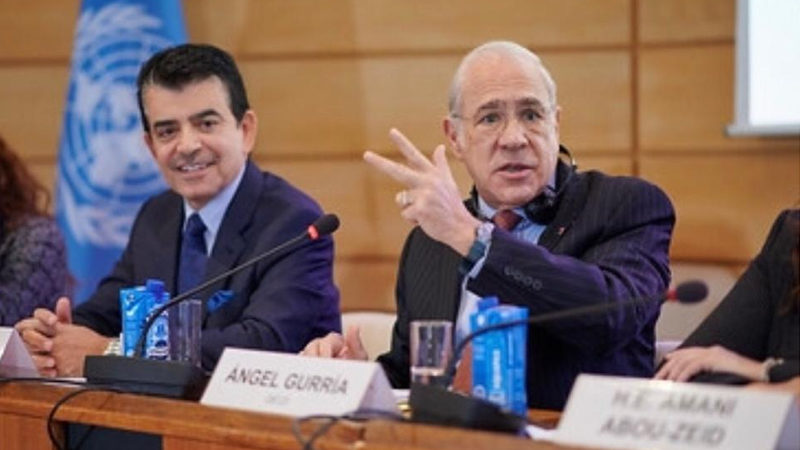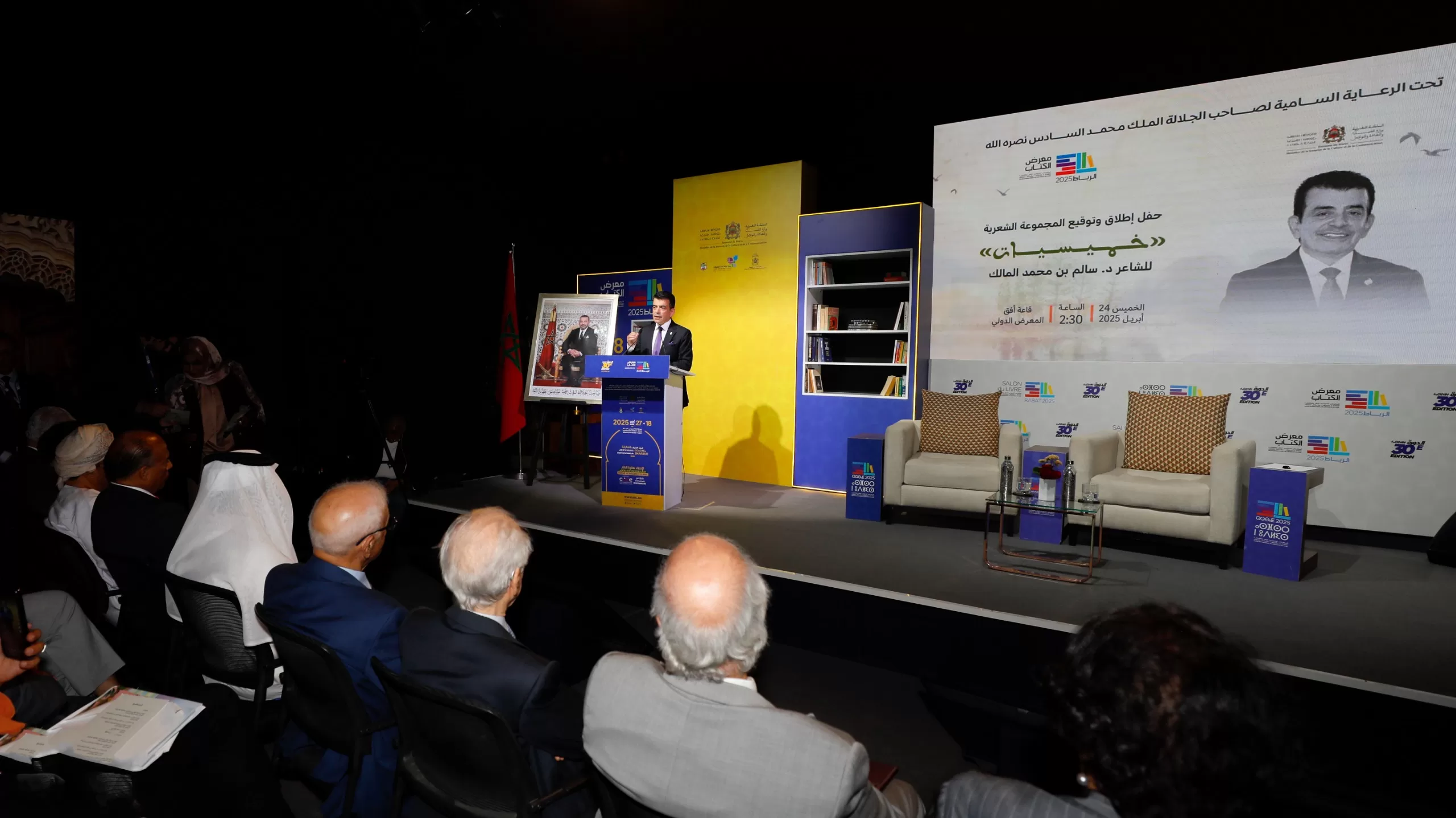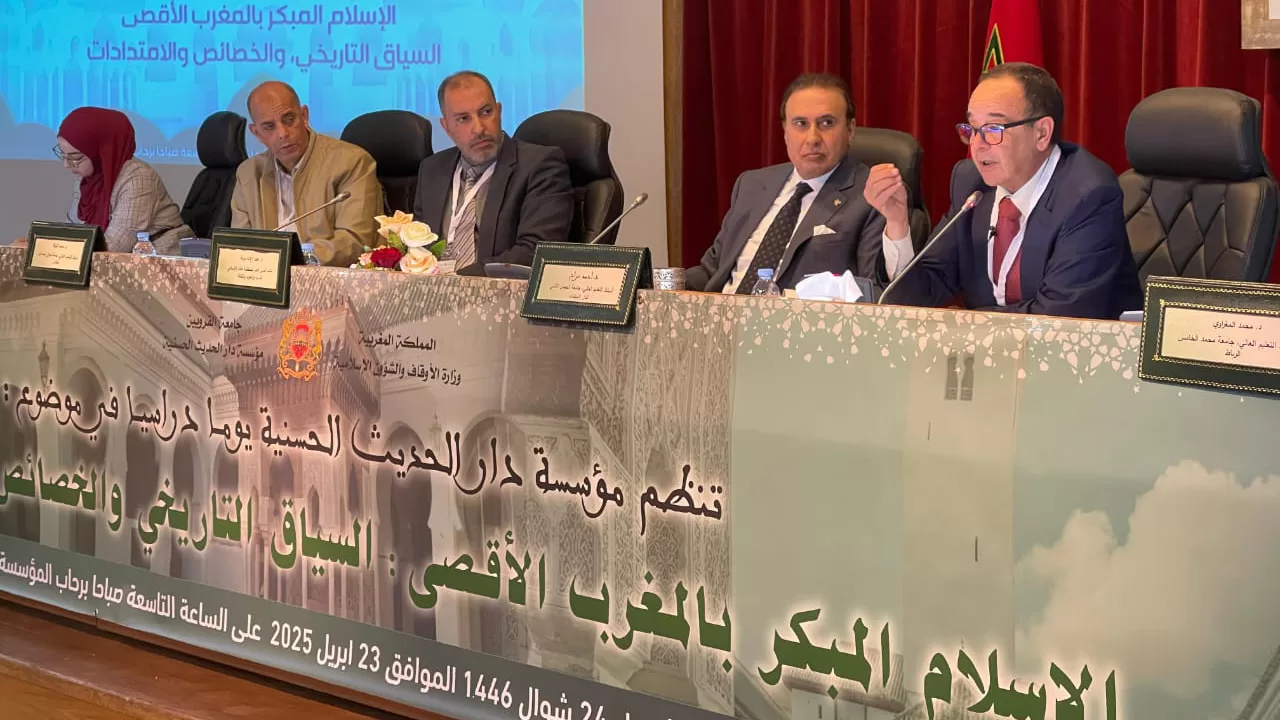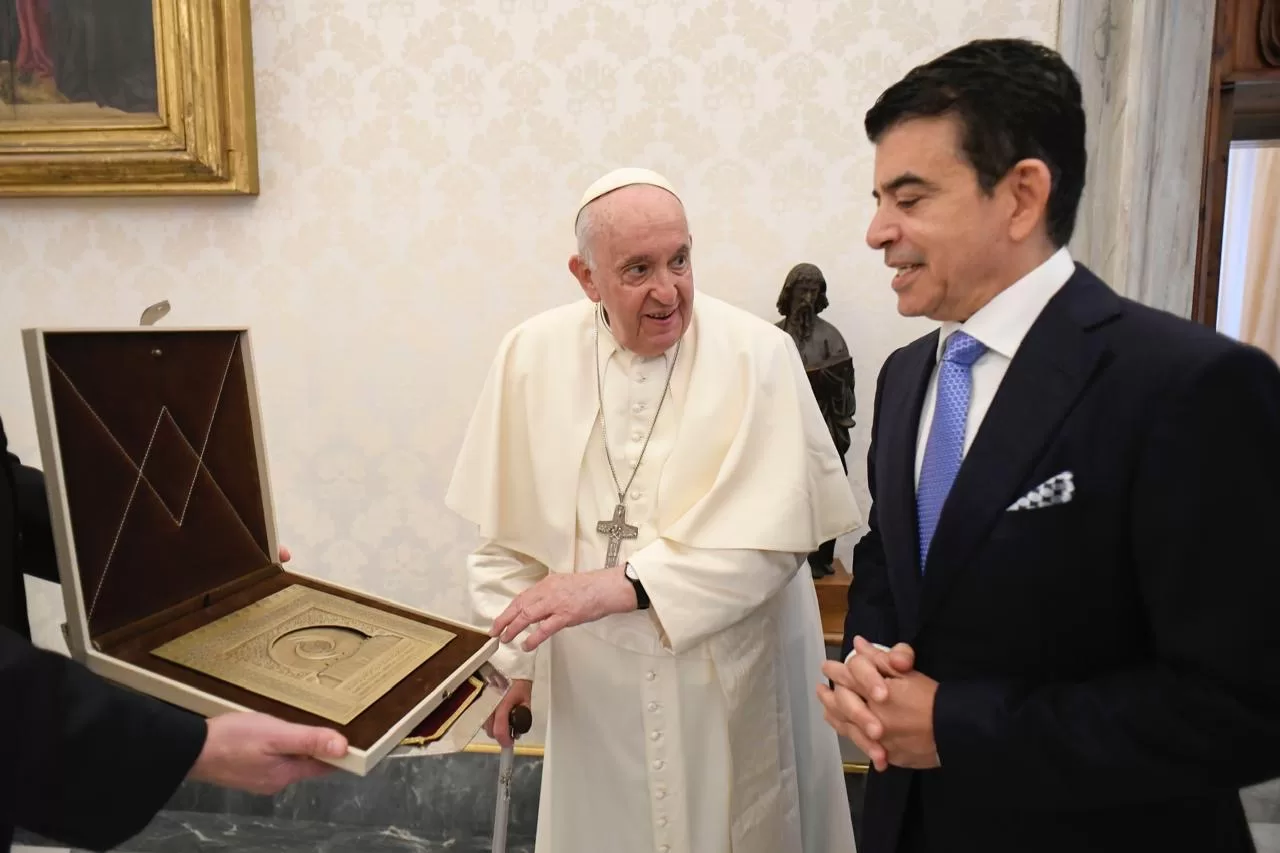
AlMalik: ISESCO committed to enable its Member States to use AI technologies

19 November 2019
The Director General of the Islamic Educational, Scientific and Cultural Organization (ISESCO), Dr. Salim M. AlMalik, stressed that ISESCO is committed to enable its Member States to use Artificial Intelligence (AI) technologies and help them develop their own relevant policies to this effect.
This was part of Dr. AlMalik’s participation as a keynote speaker in the symposium held yesterday evening in Paris on the theme “Youth Voices and the Future of Artificial Intelligence: Towards a Human-Centered Approach” on the sidelines of the 40th UNESCO General Conference.
The symposium brought together Mr. Angel Gurría, Secretary General of the Organization of Economic Cooperation and Development (OECD), Amani Abou-Zeid, Commissioner for Infrastructure and Energy of the African Union, Mr. Marc-Antoine Dilhac, Director and Coordinator of the Montreal Declaration for the Responsible Development of Artificial Intelligence, Ms. Clara Neppel, Senior Director of the Institute of Electrical and Electronics Engineers (IEEE), in addition to Dr. AlMalik. The session was moderated by Delfina Bello, student at Sciences Po, Paris (Institute of Political Studies).
In reply to the question: “In your point of view, why it is important to develop principles and set standards in artificial intelligence?”, Dr. AlMalik clarified that ISESCO is currently working on the promotion of cooperation with UNESCO in the fields of common interest, particularly AI. “AI is among the fast-growing phenomenon and can strngly help countries achieve Sustainable Development Goals” Dr. AlMalik added “but AI, if it is left uncensored, might be a real threat to human rights. Therefore, it is very important to develop principles for setting standards to preserve and protect human rights in the short, medium and long terms”.

Another participant asked: “At ISESCO, you work in various sectors, and AI is a technology which intersects with, causes disturbance to and interacts with science, education, culture, media and communication. How, from ISESCO’s viewpoint, can you ensure the comprehensive development of standards in light of the areas of action of the various organizations such as ISESCO”.
With regard to this question, Dr. AlMalik answered “most Islamic world countries are consumers of AI, without which they would lag behind the rest of the world. Under ISESCO’s new vision, promoting AI in Member States is an utmost priority for”.
“Our major objective is to build a vital and active biological system so as to develop society and help needy people as AI can address social and economic issues if it is properly used to solve the real global problems and supported by adequate policies and regulations,” ISESCO Director General highlighted “Thus, ISESCO focuses on raising awareness of and guiding countries to reduce the current digital gap, and supporting Member States in this field for global and effective adoption of AI by establishing a better cooperation between stakeholders at all levels.”
Dr. AlMalik received a third question on the role of ISESCO in supporting the dissemination of AI in the future and answered that ISESCO established the Centre of Strategic Foresight to meet future needs, including AI. He added that this Centre will launch the Strategy of the Development of Artificial Intelligence as a guiding initiative in the Islamic world which add to other existing initiatives in few countries.
Dr. AlMalik stressed that ISESCO is committed to empower countries with these new technologies by providing the necessary support and assistance to develop their own AI national policies, and concurrently holding a large forum on AI while expressing his hope that UNESCO, OECD, IEEE and all countries will be part thereof.




